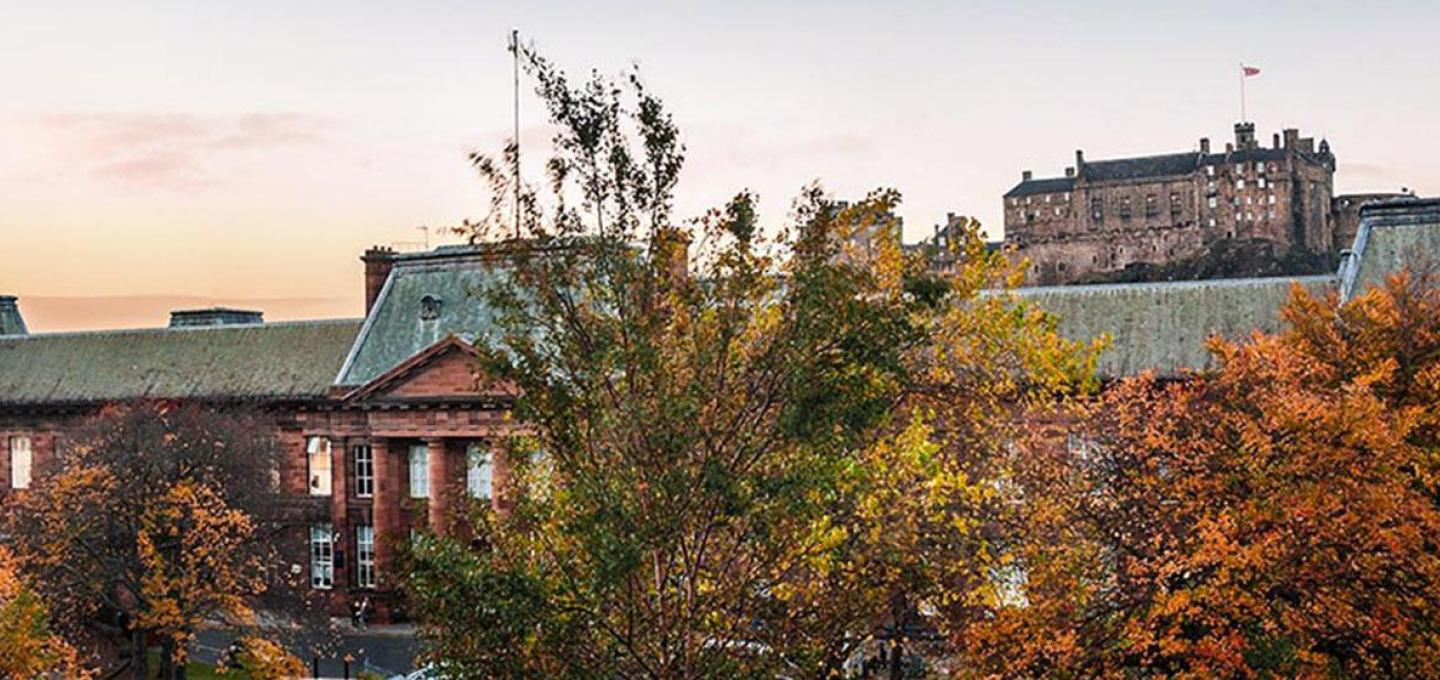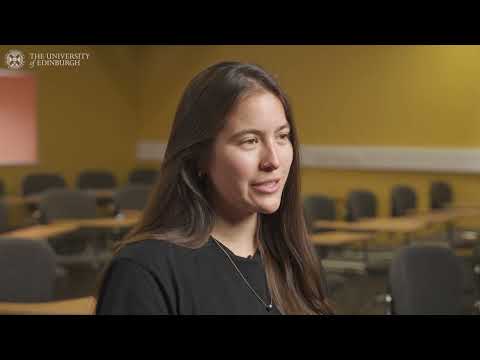Outline
Whether you are approaching the field from an architectural, historical, social or other viewpoint, this programme will guide you through the foundations and challenges of this important means of nurturing cultural identity.
Although based within a school of architecture, the programme is taught from first principles, and is suitable for students from any disciplinary background. You will not require any prior learning experience in architecture, design or built-environment studies, and no portfolios are required as part of the application process.
Our highly regarded Architectural Conservation MSc programme is more than 50 years old. It is the longest-established graduate historic preservation programme in Scotland or its neighbouring nations. The degree provides an in-depth introduction to the key components of built heritage, in a programme suitable for students from all backgrounds.
You will form part of the Scottish Centre for Conservation Studies (SCCS), the University’s specialist historic preservation teaching and research unit, and join a community of postgraduate students from all over the world and from a wide range of disciplinary first-degree backgrounds, including architecture, history, planning, engineering and interior design.
The SCCS provides the depth of expertise and resources that ensures the Institute of Historic Building Conservation, Britain’s official organisation for heritage professionals, recognises this programme.
To find out more about this course, visit our Degree Finder: Architectural Conservation.








